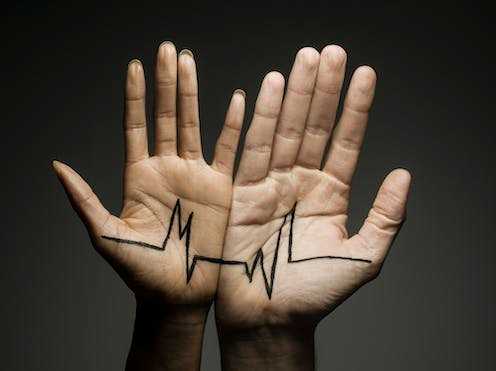The Role of Humanities in Medicine- A Clinician's Perspective

While the focus of medical school is often on understanding the body's mechanisms, it frequently overlooks the impact of social, political, and cultural factors on health and disease. This is where the role of the humanities becomes critical. Despite the historical presence of doctor-poets, such as the renowned William Carlos Williams, the potential of integrating the humanities with medicine is often underestimated. As a pediatrician and scholar, I have come to appreciate the intersection of healing and poetic practices, as well as the transformative impact of literature on shaping compassionate and socially-conscious healthcare providers. My journey into medicine was initially met with skepticism, finding it too clinical and impersonal. However, the characters and experiences in literature eventually led me to pursue a career in medicine and public health. Narrative medicine, which involves close reading and reflective writing, has been instrumental in nurturing the narrative competence of healthcare providers. It not only enhances empathy and communication skills, but also fosters ethical inquiry and perspective taking. The broader field of critical health humanities delves into the power of stories and art in understanding health disparities and creating more therapeutic clinician-patient relationships. It emphasizes collaboration between disciplines, such as medicine and literature, to enrich clinical practice and improve health equity. The nuances of patient experiences, influenced by social, cultural, and political contexts, are often overlooked in medical education, neglecting the personal and structural factors that impact health outcomes. The integration of the humanities in medical education, through platforms such as poem distribution, creative writing exercises, book clubs, and other literary engagements, provides a transformative space for clinicians to connect with the human condition and improve patient care. It is an avenue for them to recognize and grapple with the societal inequities that shape patient experiences and strive towards becoming empathetic and reflective healers.